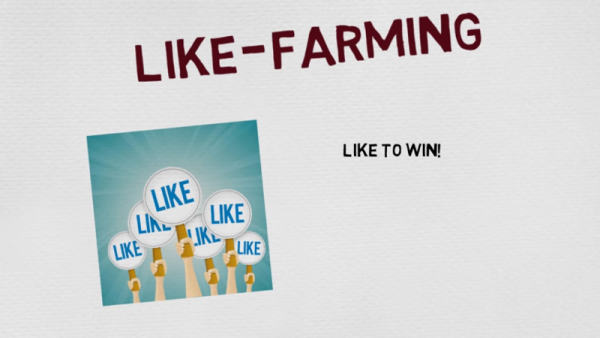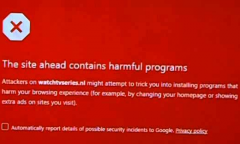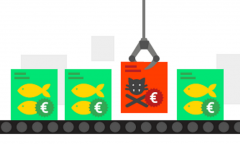By KM Diaz, | February 27, 2017

The "Like-farming" scam works when a user interacts with the post, the scammers then will go to the potential victim to get all the personal information. (YouTube)
Facebook is one of the most used social media application today. However, cyber thieves also use this social media platform. One of these Facebook scams is named "Like Farming," which involves a fake cancer child post spreading on the platform asking for likes and share.
Many photos have been uploaded and shared on Facebook asking for likes. For example, a snap of a sick child with a caption says: "One like raises $1 for the child's treatment," other ask users to share a specific post because Mark Zuckerberg said so. At first, this seems to be legitimate because it has thousands of likes, but this is not the case.
Like Us on Facebook
This dangerous Facebook scam involves getting the attention of people by stealing a photo and putting a relevant caption into it. This works like a chain; people keep on sharing it and it, in turn, gathers a lot of likes, comments, and shares. People are unaware that this post may have been created by scammers who are seeking to steal all their personal information.
The "Like-farming" scam works when a user interacts with the post, the scammers then will go to the potential victim to get all the personal information on the victim's Facebook profile. After gathering all the necessary information, the scammers will sell the victim's personal information to other scammers.
Recently, a fake photo of a child with cancer has been spreading on Facebook. The post is asking for likes and share to raise money for the child's treatment. But this post has turned out to be a hoax because the mother of the child has complained about this misleading news, saying that the child is suffering from chickenpox, not cancer. The picture has been shared by almost one million Facebook users. However, the post now has been removed by Facebook.
In an interview with the BBC, a security blogger Graham Cluley said that like-farming scam uses these emotional images to get the sympathy of users to gain more like.
Facebook also advised its users to be careful about interacting with such posts especially if it does not come from a legitimate source or page. If a post is asking for like or share to raise money, it is likely a scam. And of course, check your Facebook's privacy settings, the lesser you share to the public, the less chances that potential scammers can steal your personal information.
-
Use of Coronavirus Pandemic Drones Raises Privacy Concerns: Drones Spread Fear, Local Officials Say

-
Coronavirus Hampers The Delivery Of Lockheed Martin F-35 Stealth Fighters For 2020

-
Instagram Speeds Up Plans to Add Account Memorialization Feature Due to COVID-19 Deaths

-
NASA: Perseverance Plans to Bring 'Mars Rock' to Earth in 2031

-
600 Dead And 3,000 In The Hospital as Iranians Believed Drinking High-Concentrations of Alcohol Can Cure The Coronavirus

-
600 Dead And 3,000 In The Hospital as Iranians Believed Drinking High-Concentrations of Alcohol Can Cure The Coronavirus

-
COVID-19: Doctors, Nurses Use Virtual Reality to Learn New Skills in Treating Coronavirus Patients












